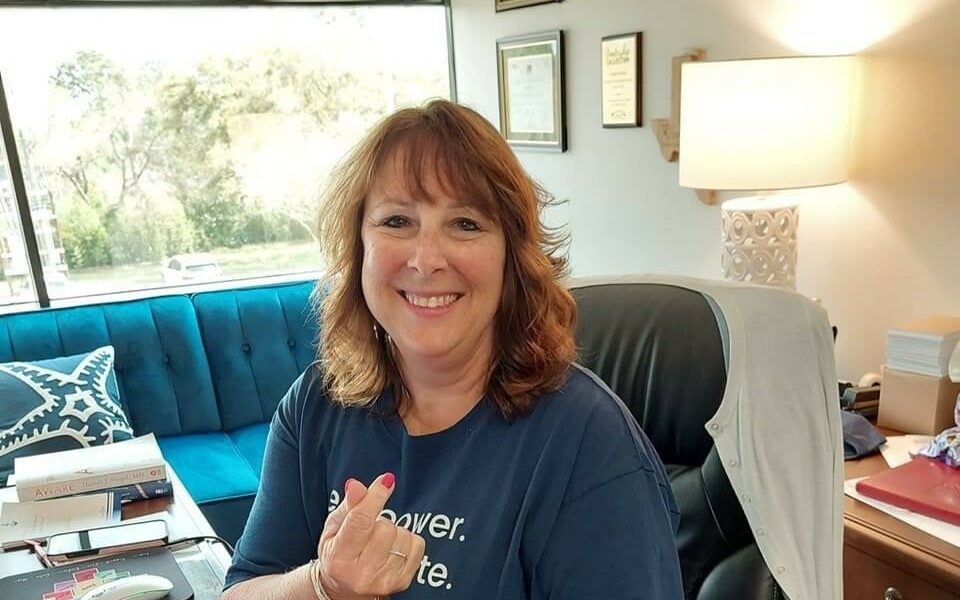

Today we’d like to introduce you to Connie Ricketts.
Hi Connie, thanks for sharing your story with us. To start, maybe you can tell our readers some of your backstory.
My husband and I began our journey to build our family when infertility entered our lives. After doctors, treatment, and reflection we explored adoption. We attended informational sessions and inquired about the adoption process and fell upon Foster/Adoption through our child welfare system in Texas. After the presentation, we both looked at each other and knew this was how we were going to build our family through the love and nurturing of children who came into foster care. We began the process of being a licensed foster home in 1992. That included an application, interview, training, home study, references, and home inspections. This was just the beginning of the journey. We remained a licensed home for 10 years and, during that time, took in several children for short periods of stay, and ultimately 3 children were brought permanently into our home through adoption. It was during this time as a foster parent that I learned about Court Appointed Special Advocates (CASA). They are professionally trained volunteers appointed by the court to be the best interest voice for children when they are removed from their home due to experiencing abuse and neglect and placed into foster care. Two of our adopted children had a CASA volunteer looking out for their best interest. Their role intrigued me because they had such a special role to play in the child’s life that was so different than being a foster parent.
In 1998, I became a CASA volunteer so that I could be that voice for children in the courtroom. This role required a similar journey to foster parenting. There was an application, interview, references, and professional training, and court swearing-in to be available for assignment by the CASA program. This CASA journey has spanned more than 2 decades and countless ways to give back to children in our communities who deserve the opportunity to be safe and protected. I have served as a volunteer, local board member, development director, program director, state board member, national leadership council member, and local program executive director. My current role as Executive Director of CASA of Galveston County has been one of the most rewarding times of my life!
Through this journey, I have received awards for my dedication and commitment to the welfare of children who have experienced abuse and neglect. In 2015 I received the Children’s Champion Award, and in 2020, I received the Liberty Bell Award for promoting justice. I was also nominated in 2019 for Citizen of the Year in Galveston County for my contributions to our community in a variety of ways.
We all face challenges, but looking back, would you describe it as a relatively smooth road?
My journey was an unexpected one, and each step of the way, there were challenges. The challenges seemed insignificant at times to the challenges of the children we nurtured while they were in our home or the challenges in advocating for the best interest of children who by no fault of their own, found themselves in unfamiliar surroundings and a child in foster care. I accepted the challenge to lead the current CASA program as an executive director because I saw firsthand that the children were not being served in the way a Court Appointed Special Advocate must deliver advocacy. The program was a newly formed non-profit that needed the strength of a leader with experience in recruitment, training, standards compliance, and financial organization, fundraising, and community outreach. There were obstacles to funding, but fighting for the best interest of children paled to comparison, so I forged ahead to ensure that the program flourished and became a trusted organization in the community.
Thanks – so, what else should our readers know about your work and what you’re currently focused on?
Court Appointed Special Advocates (CASA) is a national volunteer movement serving courts nationally since 1977. It started in Seattle, Washington, when a family court judge brought the community into the courtroom to share information about the children who were before the court and decisions needed to be made about their best interest. This movement has evolved to more than 948 programs across the nation. In Texas, there are 73 programs serving rural, urban, and suburban communities by providing best-interest representation to children in child protection courts across the state. I lead the CASA of Galveston County program and have for more than 7 years. I am a change agent with strong interpersonal skills, which have allowed me to increase stakeholder investment for our CASA program over these last 7 years. This best-interest brand of advocacy for children speaks to my heart, and I am very passionate about the positive outcomes that are realized in a child’s education, health, and emotional stability. The experience of child abuse and neglect on a child can impede their growth and development, so it is critical that a CASA’s advocacy is intentional and guided for healing to occur and for them to live the best life free of abuse and neglect. I am honored to participate in such a life-changing way.
Our adopted children each experienced some form of abuse and neglect in their young lives. Our youngest endured the most. She was exposed to drug and alcohol inutero and this caused life-changing consequences for her, including fetal alcohol syndrome that even today affects her ability to learn and comprehend. She suffers from auto-immune disease and lived through open-heart surgery at the age of 3. She is who empowers my passion to ensure all children have the opportunity to overcome the challenges they faced by no fault of their own. A CASA provides advocacy through getting to know the child’s circumstances and advocates for resources depending on the needs of the child. It is a powerful honored role to be a part of this process. A CASA makes a difference!
Do you have any advice for those looking to network or find a mentor?
Being present in a variety of situations to make connections to others or learn about resources that can be made available to the work that is being done. Chambers, networking groups, community outreach events, and faith communities are great places to meet others, network, and mentor.
Contact Info:
- Website: www.casagalveston.org
- Facebook: https://www.facebook.com/CASAGalveston
- Linkedin: https://www.linkedin.com/in/connie-ricketts-63ab83101/
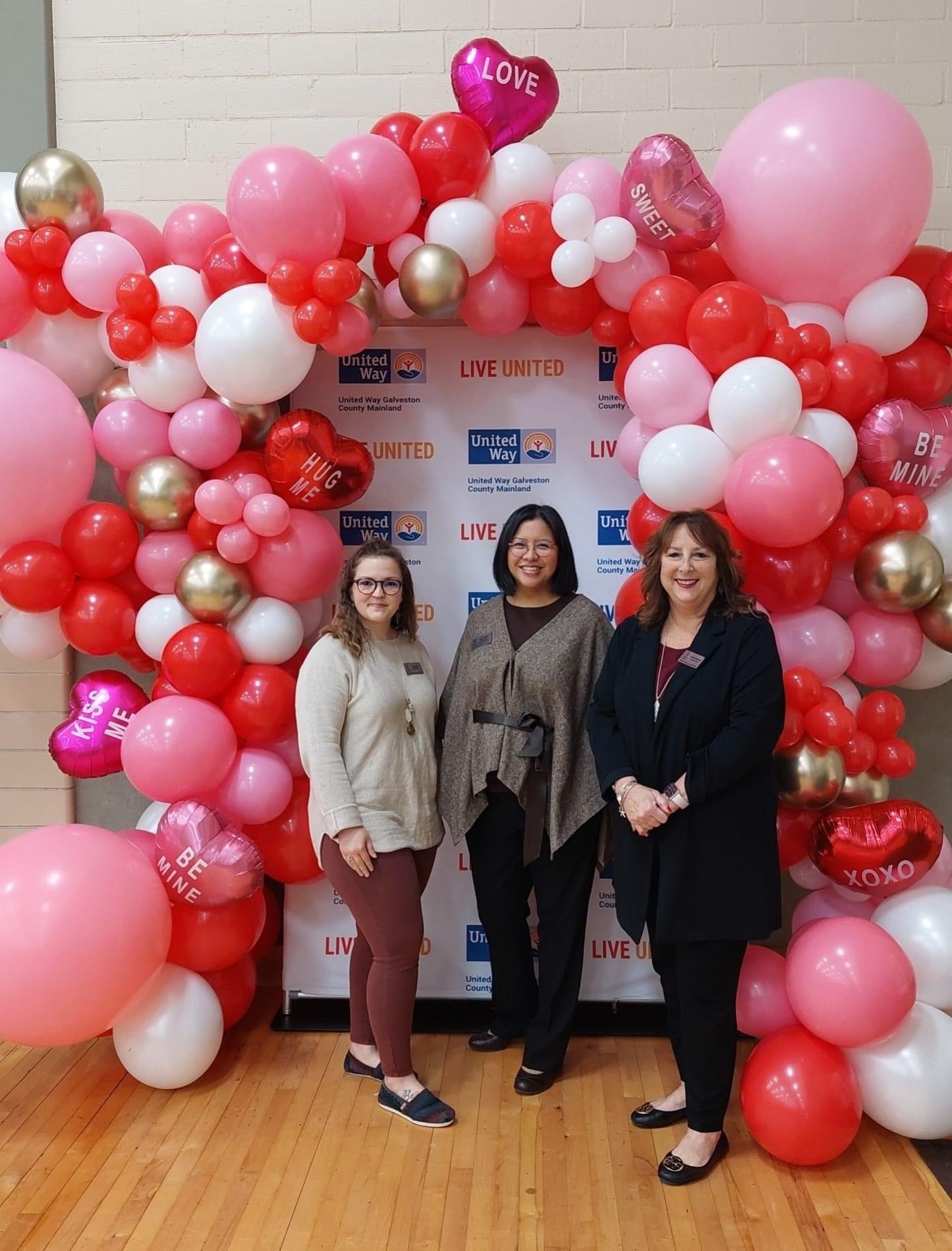
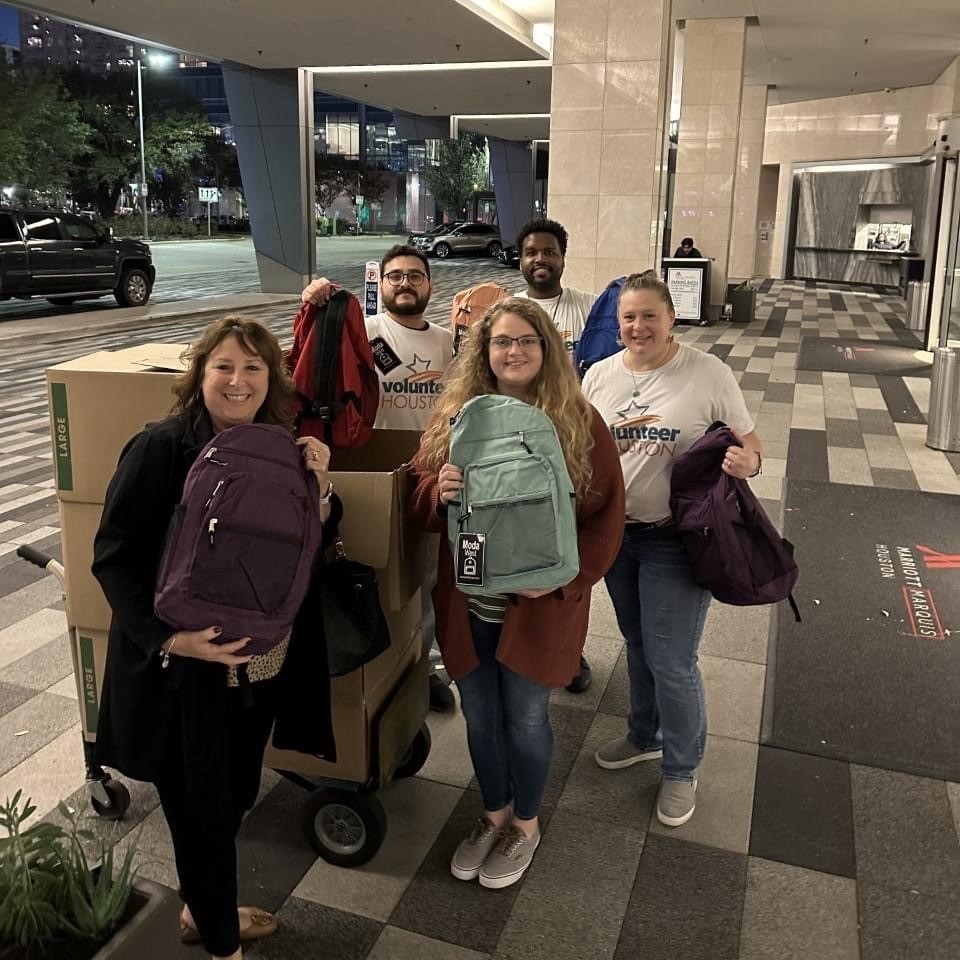
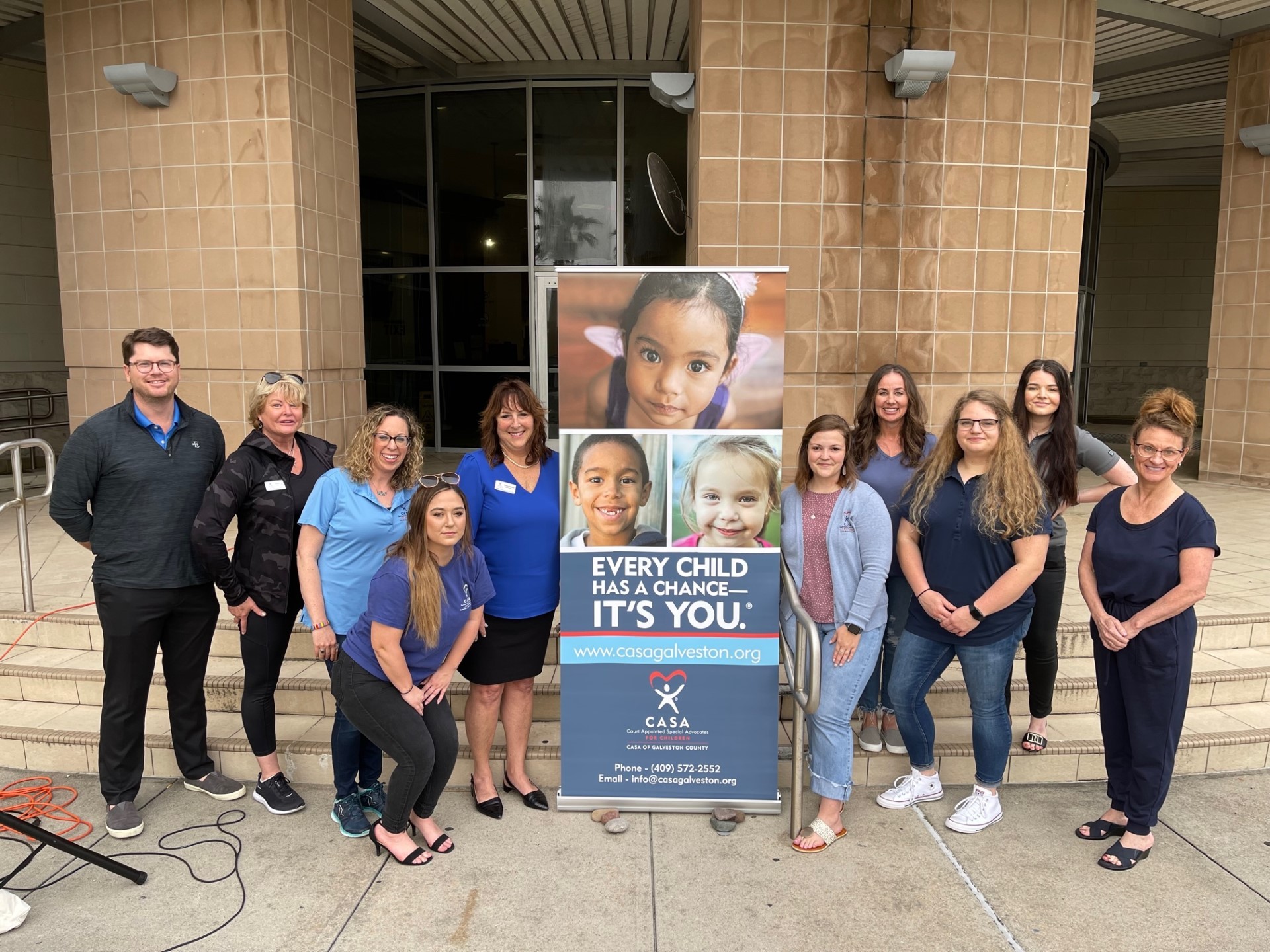
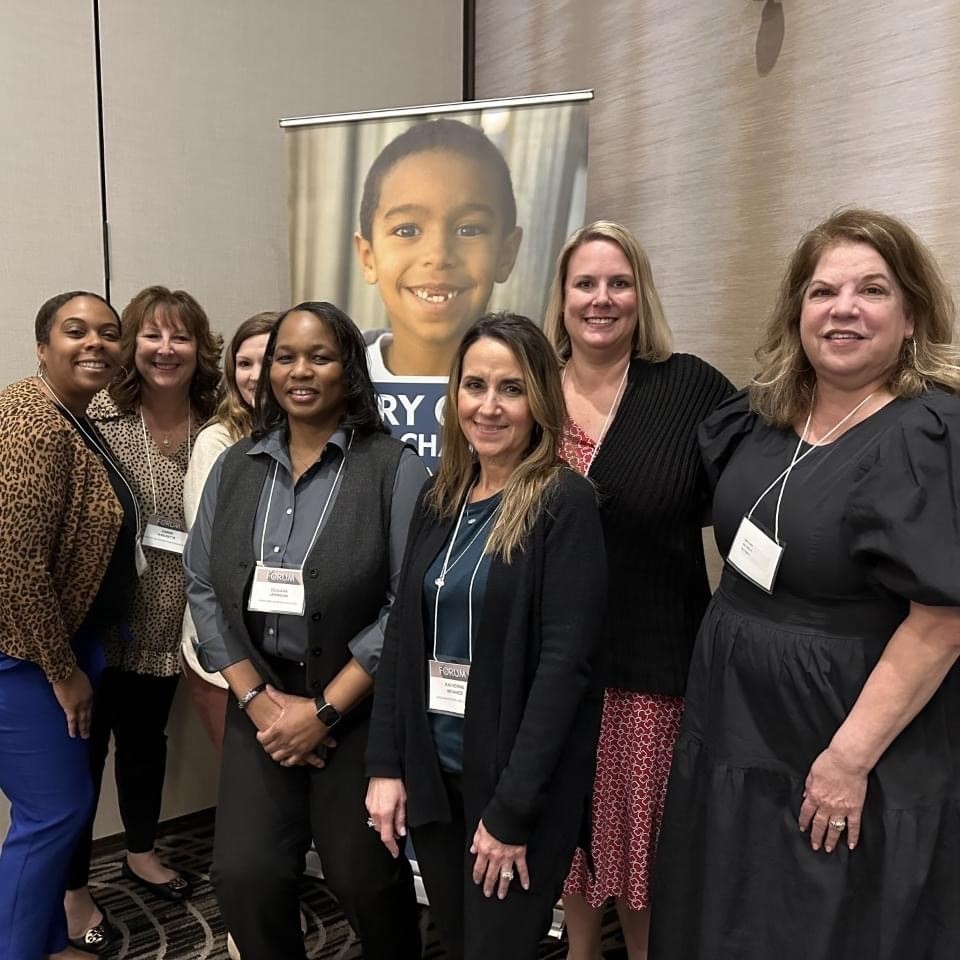
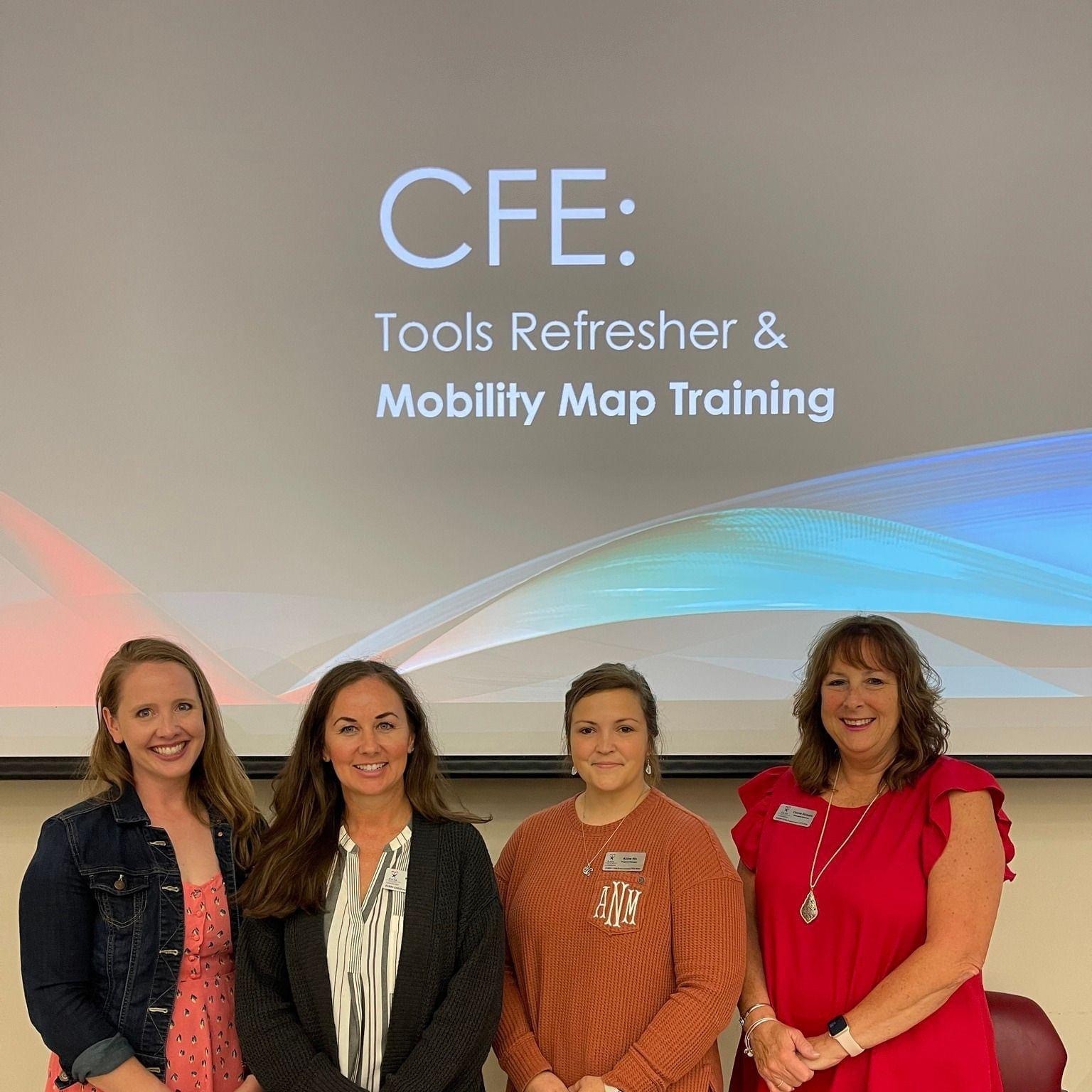
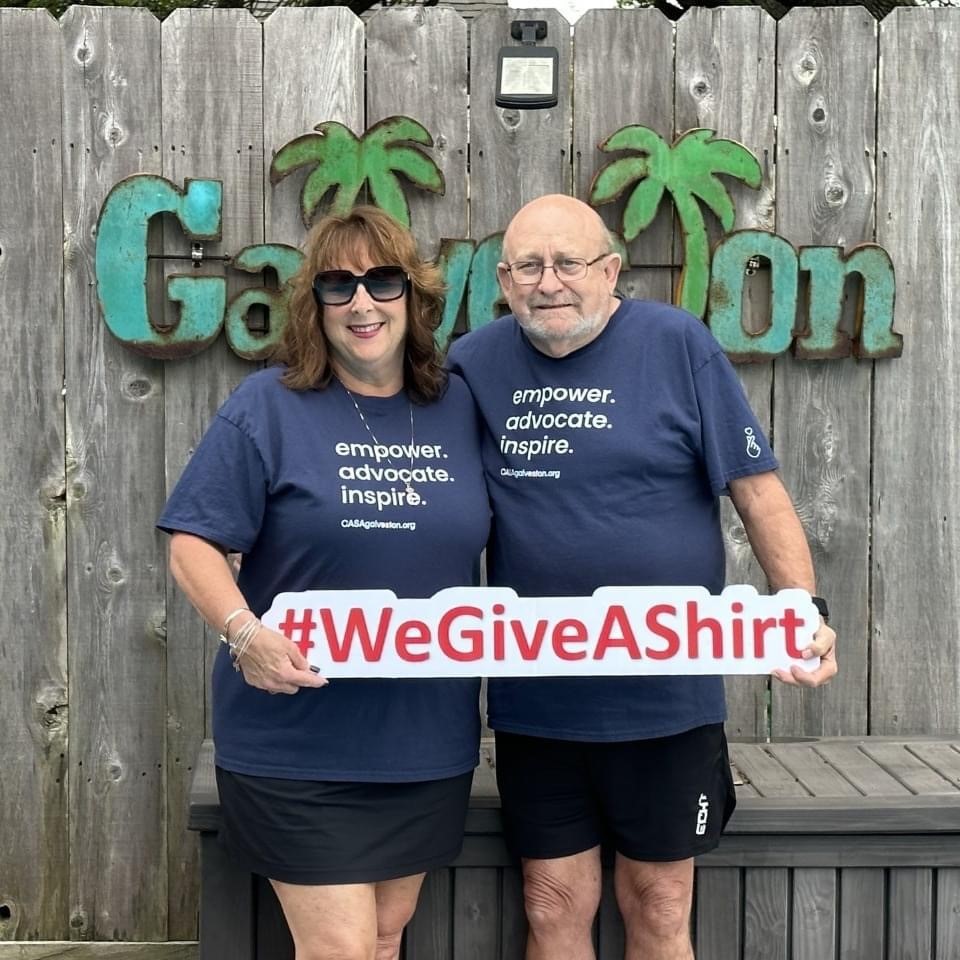
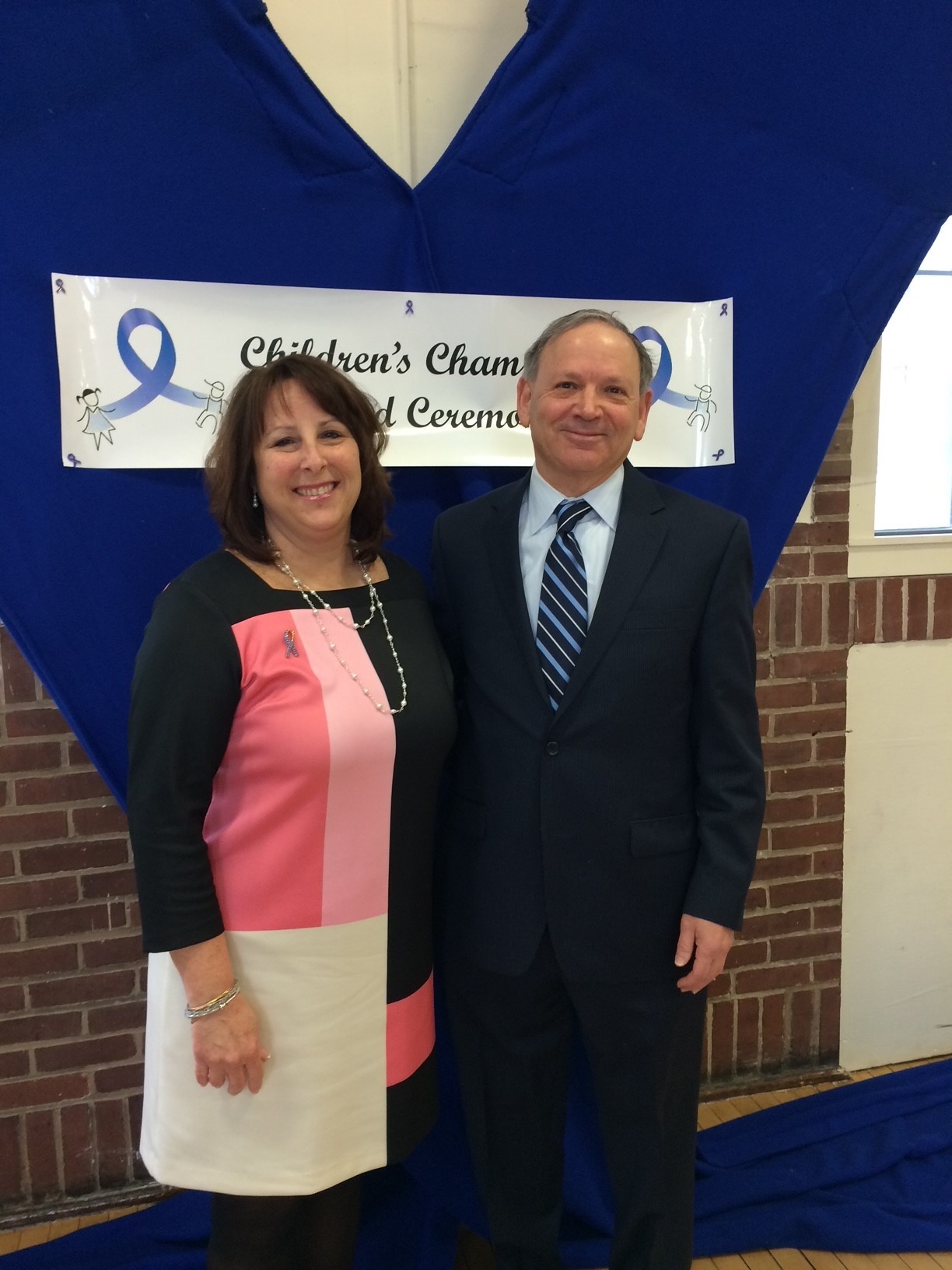
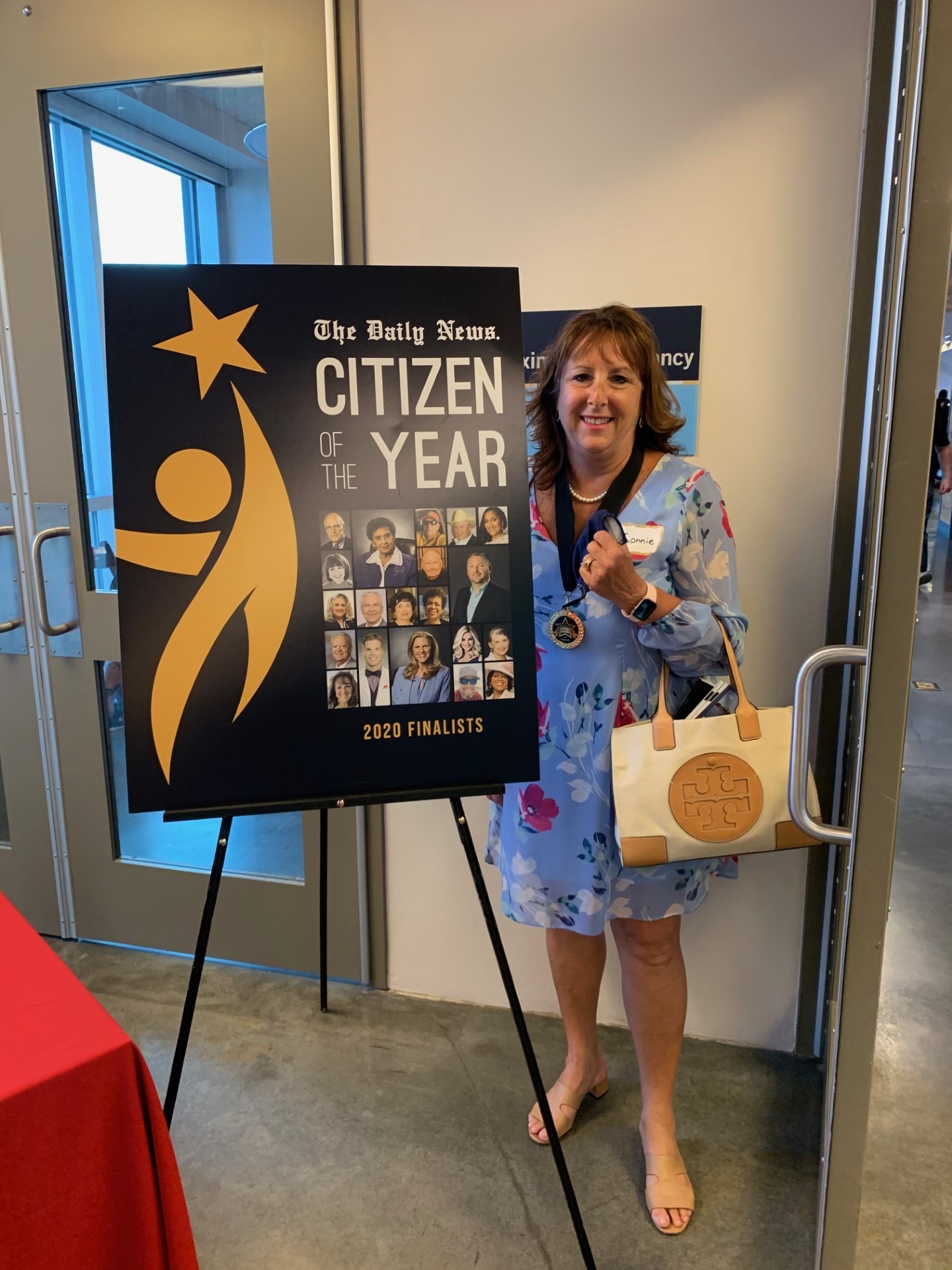
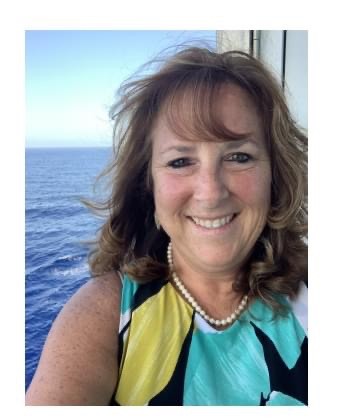
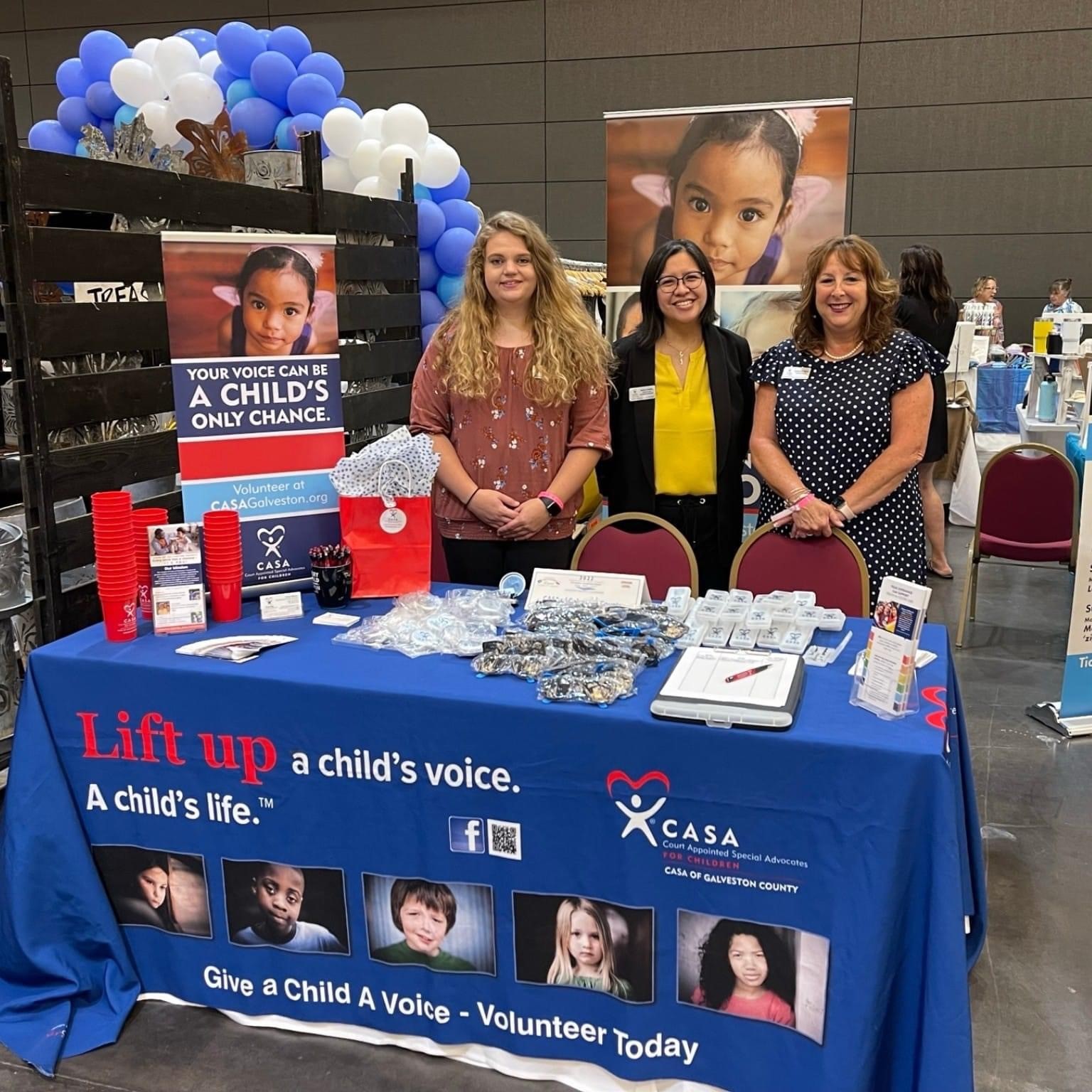
Image Credits
Connie Ricketts










